The Art of Film Scoring: A Deep Dive into the World of Film Score Composers
In the realm of cinema, there are elements so subtly powerful that they often go unnoticed. One such element is the film score, a musical undercurrent that shapes mood, foreshadows events, and enhances the emotional depth of the storytelling. Without the evocative strains of a film score, many iconic movie moments would lack the emotional and psychological impact they have on viewers. The creators behind these sonic masterpieces, known as film score composers, work tirelessly behind the scenes, translating directorial vision into musical form and ensuring that every scene resonates with its audience.
The Role of a Film Score Composer
Film score composers are tasked with one of the most complex and nuanced roles in film production. Their job is not simply to provide background music but to transform and elevate a film’s narrative through a finely-tuned auditory experience. A composer must intuitively understand the director's vision, delving into scripts, storyline arcs, and character developments to craft a score that complements and enhances the cinematic journey. These composers have the unique skill of bridging visual and audio arts, creating a seamless interplay that deepens audience engagement and amplifies emotional moments.
In addition to interpreting narrative intent, composers are adept at using various musical techniques to signify emotion, time, and place. Style, instrumentation, tempo, and harmony are carefully chosen to align with different scenes and themes. Composers often select specific instruments to evoke particular cultural settings or adopt musical motifs, known as leitmotifs, to symbolize characters or ideas, subtly guiding the audience's emotional and cognitive response throughout a film.
Evolution of Film Scoring
The history of film scoring is as rich and varied as cinema itself. The journey began in the early 1900s with silent films, which relied heavily on live music performances to convey mood and emotion. These early scores were typically improvised, with pianists and small orchestras providing a dynamic accompaniment to the screen's silent actions. With the advent of sound in the 1920s, film music underwent a transformation. The introduction of synchronized soundtracks allowed for the pre-recording of scores, paving the way for more complex and intentional musical narratives.
By the 1930s and 40s, film scores had begun to resemble the orchestral pieces we recognize today. This era saw the emergence of the “Golden Age” of Hollywood composers like Max Steiner and Erich Wolfgang Korngold, who pioneered many of the techniques still in use, such as thematic motifs and orchestration that underscore emotional conflict and resolution.
The subsequent decades saw experimentation and diversification in film music, with composers like Bernard Herrmann utilizing bold, innovative sounds for Alfred Hitchcock’s thrillers, and Ennio Morricone crafting his iconic western melodies. The late 20th century ushered in the era of the blockbuster, with composers like John Williams creating grandiose, memorable themes for films like "Star Wars" and "Indiana Jones," which became almost synonymous with the franchises themselves.
Iconic Film Score Composers
Several composers stand out as titans in the industry, having crafted scores that are as timeless as the films they accompany. John Williams is one such figure whose body of work arguably defines the sound of modern cinema. With a career spanning over six decades, Williams has composed more than a hundred film scores, including unforgettable themes for "Jaws," "E.T.," and "Harry Potter." His compositions are renowned for their memorable melodies, dramatic orchestration, and ability to capture the spirit of adventure and wonder.
Another legendary composer, Hans Zimmer, is known for his innovative approach and incorporation of electronic music elements. Zimmer’s groundbreaking score for "The Lion King" garnered him an Academy Award, while his work on films such as "Inception" and "The Dark Knight" trilogy have cemented his reputation as a master of modern film scoring.
Ennio Morricone, the maestro of spaghetti westerns, left an indelible mark on the film scoring world with his evocative, often haunting music. His soundtracks for films like "The Good, the Bad and the Ugly" and "Once Upon a Time in America" are instantly recognizable and continue to influence both filmmakers and composers today.
The Impact of Technology on Film Scoring
As with many artistic fields, technology has revolutionized the approach to film scoring. Advances in recording techniques and the advent of digital audio workstations have vastly expanded the tools available to composers. This technological evolution has allowed for unprecedented creativity, offering composers the ability to experiment with a wide range of sounds, styles, and fusion genres previously unattainable with traditional instrumentation alone.
The digital era has also democratized the field to some extent, lowering the barrier of entry for new composers who can now create sophisticated, high-quality compositions with relatively modest resources. Despite these advancements, the core of film scoring—crafting music that serves and enhances the story—remains unchanged, ensuring that the art form will continue to be an integral part of filmmaking for generations to come.
The influence and artistry of film score composers have only deepened as they continue to explore new musical landscapes, pushing the boundaries of what cinematic music can achieve. As we delve further into this exploration, we'll examine more contemporary voices in the industry and discuss the ongoing evolution of film scoring in the modern cinematic landscape.
The Rise of Contemporary Film Score Composers
In recent years, a new wave of composers has emerged, redefining the landscape of film music and bringing fresh perspectives to the craft. These modern composers are not only continuing the legacy of their predecessors but also infusing the world of film scoring with their unique, innovative styles.
One of the most notable among these contemporary composers is Alexandre Desplat. Known for his wide-ranging stylistic versatility, Desplat has delivered scores for a diverse array of films, from the whimsical melodies of "The Grand Budapest Hotel" to the profound, understated music that accompanies "The King's Speech." His frequent collaborations with directors such as Wes Anderson and Guillermo del Toro have resulted in soundtracks that are both distinctive and critically acclaimed. Desplat's ability to seamlessly integrate traditional orchestral elements with modern sounds highlights his mastery in both enhancing and supporting narrative storytelling.
Another standout figure is Icelandic composer Jóhann Jóhannsson, whose ethereal and often minimalist scores left a lasting impact on film music before his untimely passing in 2018. Jóhannsson's work on films like "Arrival" and "Sicario" is marked by a haunting, atmospheric quality that creates an immersive sonic experience. His use of unconventional instruments and textural soundscapes broke norms and challenged traditional film scoring conventions, proving that inventiveness and subtlety hold immense power in storytelling.
Women in Film Scoring
Historically, the field of film scoring has been predominantly male, but in recent years there has been a significant shift, with more women breaking through and making their mark. Composers such as Hildur Guðnadóttir, who won an Academy Award for her work on "Joker," are paving the way for female composers. Guðnadóttir's distinct approach blends atmospheric sounds with emotionally intense compositions, earning her recognition and acclaim.
Rachel Portman, another pioneering figure, became the first woman to win an Academy Award for Best Original Score with "Emma" in 1996. Her scores, often noted for their lyrical beauty, have graced films like "Chocolat" and "The Cider House Rules," and her success has inspired many female composers to enter the industry.
The presence of women in the craft brings new perspectives and diversity to film music, enriching the storytelling experience with varied melodic voices. Organizations and initiatives aimed at supporting female composers are helping to bridge the gender gap and ensure equitable representation in the field.
The Interactive Symphony: Film Scoring in Gaming
As the boundaries between cinema and video games blur, the art of film scoring has found a new playground in the gaming industry. Video games have grown in narrative complexity, paralleling the storytelling intricacies of film, and as a result, they demand equally sophisticated musical scores. This crossover has led to a fascinating confluence of cinematic and interactive experiences.
Composers like Austin Wintory, known for his groundbreaking work on the video game "Journey," are at the forefront of this symbiosis. Wintory was the first composer to receive a Grammy nomination for a video game score, a testament to the shifting recognition of music in gaming. His use of dynamic, player-responsive music changes the auditory experience, making it an integral part of gameplay that reacts to players' actions and decisions.
The integration of film scoring principles into video game music allows composers to explore new storytelling frontiers, where the music not only supports the narrative but actively participates in its unfolding. This trend underscores the fluidity and adaptability of the art form, showing how film scoring evolves in response to new storytelling mediums.
The Influence of Cultural Diversity
As global cinema continues to flourish, film scoring is becoming more richly diverse, reflecting a wide array of cultural influences. The cross-cultural pollination seen in contemporary film music showcases a tapestry of global sounds and traditions, where composers draw from a myriad of cultural backgrounds to craft scores that resonate with international audiences.
Composers such as Ryuichi Sakamoto, known for works like "The Last Emperor," have brought distinctly Asian influences into mainstream film scoring. His synthesis of traditional Japanese music with Western styles creates an intricate musical language that bridges cultural divides. Similarly, Indian composer A.R. Rahman's integration of Indian classical music and Western orchestral compositions in films such as "Slumdog Millionaire" has won him global recognition and awards, celebrating multiculturalism in film music.
This artistic convergence not only enhances the emotional depth of films but also fosters greater cultural understanding and appreciation, broadening the scope of narrative storytelling across the cinematic world.
The Future of Film Scoring
Looking ahead, the future of film scoring seems boundless, filled with exciting possibilities driven by technology and changing artistic landscapes. Artificial intelligence and machine learning are beginning to find their place in the film scoring process, offering tools that can aid composers in their creative journey, although the human touch and intuition remain irreplaceable.
Moreover, with an increasing emphasis on authenticity and diverse voices, the industry is likely to see more collaboration between composers from different backgrounds and disciplines. This openness to experimentation and cross-disciplinary influence promises to keep film music vibrant and continually evolving.
Whether through groundbreaking technology, new narrative forms, or an ever-expanding chorus of cultural voices, film scoring will continue to be an indelible part of the cinematic experience. As the art of film scoring evolves, it remains a vital and dynamic element of storytelling, enchanting audiences and breathing life into the stories we cherish on screen. As we conclude this exploration, we invite readers to delve deeper into the aspects of film scoring that captivate and inspire them, as this is merely a snapshot of an ever-evolving art form that continues to shape the cinematic landscape.
The Collaborative Magic: Composers and Directors
At the heart of a successful film score is the collaborative synergy between the composer and the director—an artistic partnership that sits at the core of film storytelling. This dynamic duo works hand-in-hand to translate visual narratives into evocative musical expressions, relying on a mutual understanding and shared vision to craft an unforgettable cinematic experience.
Directors like Steven Spielberg and Christopher Nolan are known for their long-standing collaborations with composers such as John Williams and Hans Zimmer, respectively. These partnerships have spawned some of the most iconic scores in film history, stemming from a deep professional respect and an intuitive connection. The directors' familiarity with their composers' artistic strengths allows for a seamless melding of sight and sound, ensuring that music elevates and complements the film's visual storytelling in harmonious unison.
In successful collaborations, open communication and a respect for creative spaces are paramount. Composers are often involved early in the filmmaking process, allowing them to immerse themselves in the film’s narrative arcs and emotional beats. This involvement enables composers to experiment with musical ideas and develop themes that are closely aligned with the director’s storytelling objectives. Through collaborative iterations and artistic dialogue, the resulting score reflects a deeply interwoven partnership, where the music becomes a vital narrative voice of its own.
Audience Engagement Through Film Scores
The power of a film score extends far beyond the silver screen, forging connections that resonate with audiences on emotional and cognitive levels. A well-crafted score can invoke nostalgia, provoke introspection, or ignite feelings of joy, tension, or sorrow, often leaving a lasting imprint long after the credits have rolled.
Music influences the tempo of a scene, underscores tension, and often cues audiences on how to feel during pivotal moments. This psychological interplay between music and emotion is further legitimized by research in the field of music psychology, which suggests that the human brain reacts to music in ways that mimic genuine emotional experiences. As such, film scores become an integral part of film marketing and branding as well, with distinctive themes and motifs being used in trailers and promotional material, often becoming cultural touchstones.
Soundtracks are also gateways for audiences to experience films outside the cinema. The rise of digital platforms has made accessing film scores more convenient, with streaming services dedicated to soundtracks and orchestral film music performances becoming increasingly popular. Live-to-picture concerts, where full orchestras perform a film's score in synchronization with a screening, offer fans an immersive experience, further solidifying the deep connection between music and audience emotion.
Preserving the Legacy of Film Scoring
As the art of film scoring evolves, efforts to preserve and celebrate its rich legacy continue to gain momentum. Film music archives and institutions dedicated to the study and promotion of film scores are emerging, ensuring that future generations can appreciate and learn from the pioneers of this art form. These organizations, along with mentorship programs and awards like the Academy's prestigious score category, help nurture upcoming talent and acknowledge the contributions of seasoned composers.
In recent years, there has been a resurgence in the appreciation of film score vinyl records, offering collectors and enthusiasts a tactile connection to their favorite scores. This revival highlights the enduring appeal of film music as an art form that transcends generations and mediums, embodying both nostalgia and timeless beauty.
Film composers themselves are often engaged in educational outreach, sharing their expertise and inspiring budding musicians to explore the world of film music. Workshops, masterclasses, and composer panels provide insights into the creative process, enabling a deeper understanding of the intricacies involved in marrying music with the visual narrative.
Looking to the Horizon
As cinema evolves in tandem with technological advancements, the role of the film composer continues to expand. Virtual reality (VR) and augmented reality (AR) present new dimensions for storytelling where sound will play an even more pivotal role in shaping immersive experiences. Composers will need to delve into these emerging fields, adapting their skills to match the requirements of interactive and non-linear narrative formats.
Additionally, as the global film industry becomes more interconnected, opportunities for cross-cultural collaborations will likely increase, potentially leading to innovative musical fusions that challenge traditional boundaries. The exchange of ideas across cultures not only enriches the art form but also promotes a broader understanding of music's universal language.
Despite these changes, the essence of film scoring remains the same: the ability to transcend the screen, to breathe life into moving images through melodies that evoke emotion and tell stories in their own right. As we continue to savor the awe-inspiring scores of the past and anticipate the sounds of the future, film scoring will remain an indelible part of the cinematic craft, a sonorous testament to the power of music in storytelling.
Through continuous innovation and a dedication to artistic excellence, the world of film scoring is poised to enchant audiences for generations to come, each note and motif weaving its way into the shared tapestry of human experience.

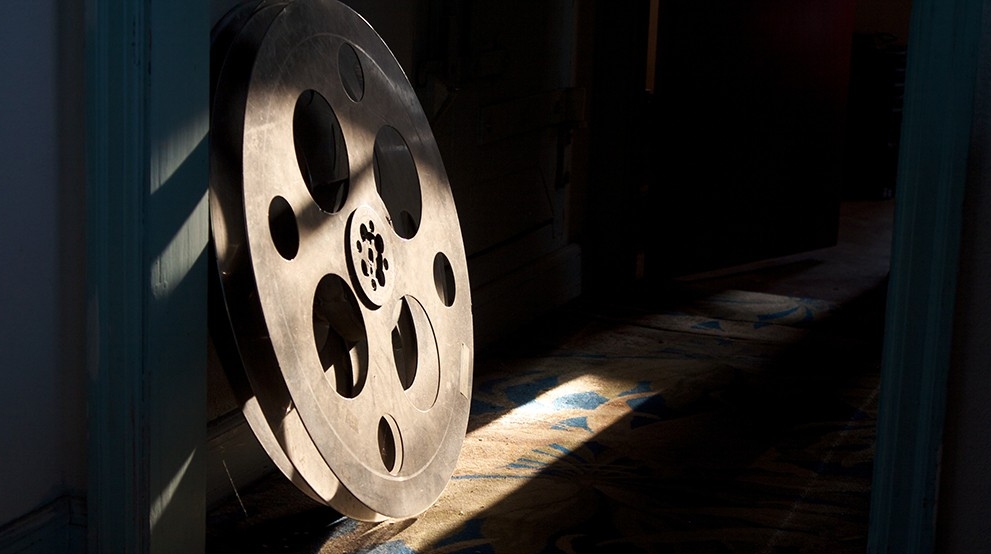
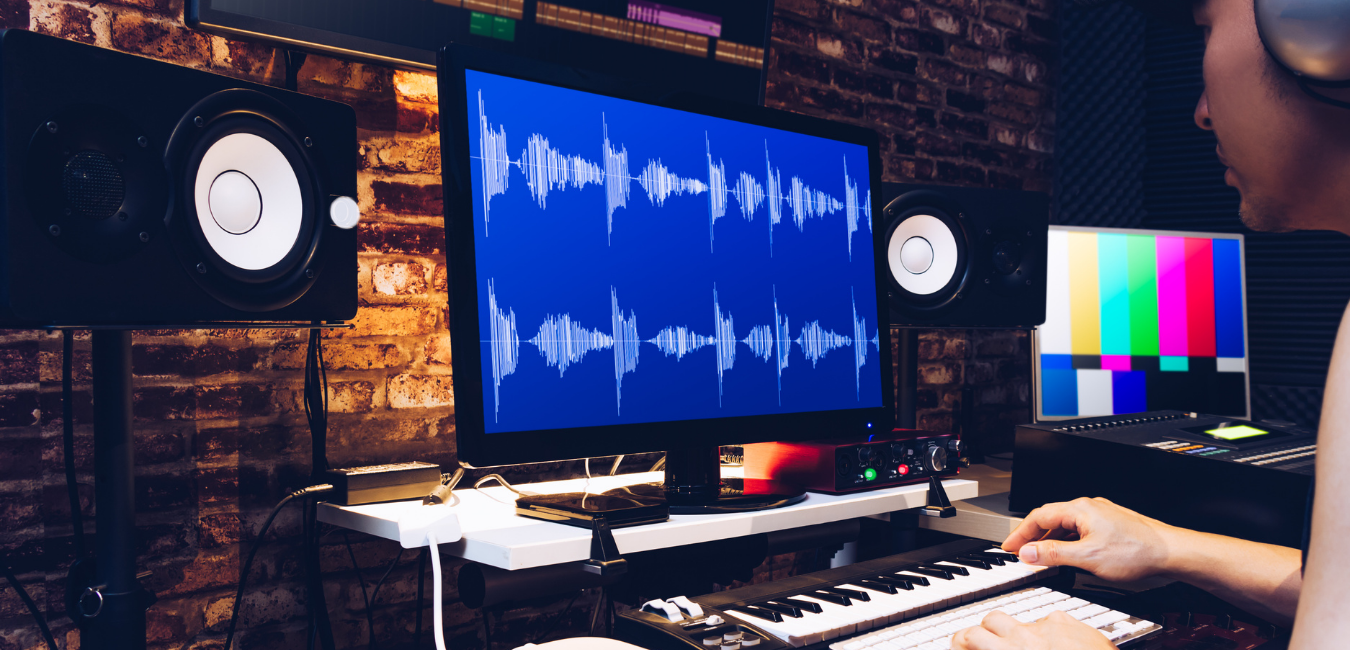



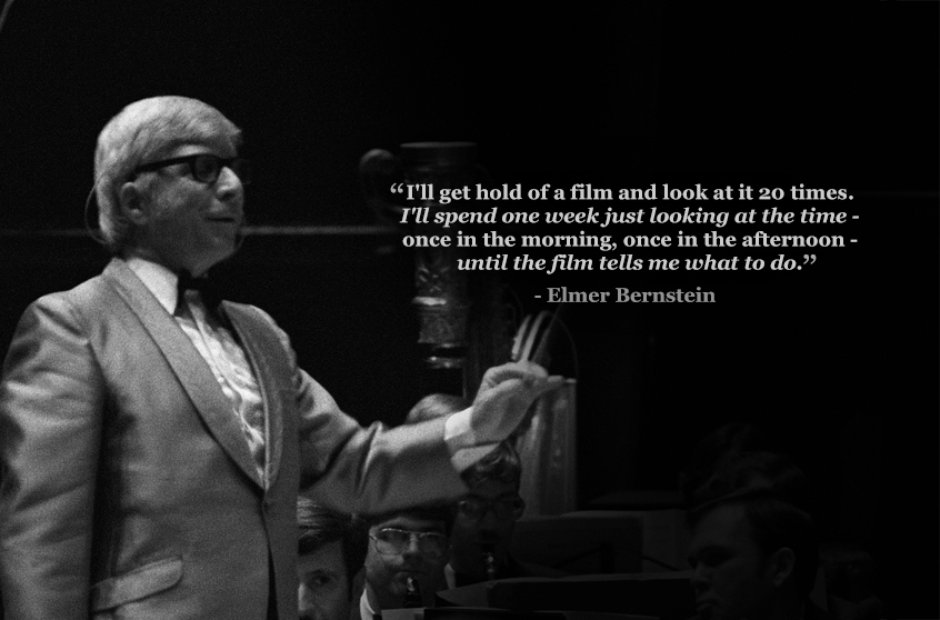



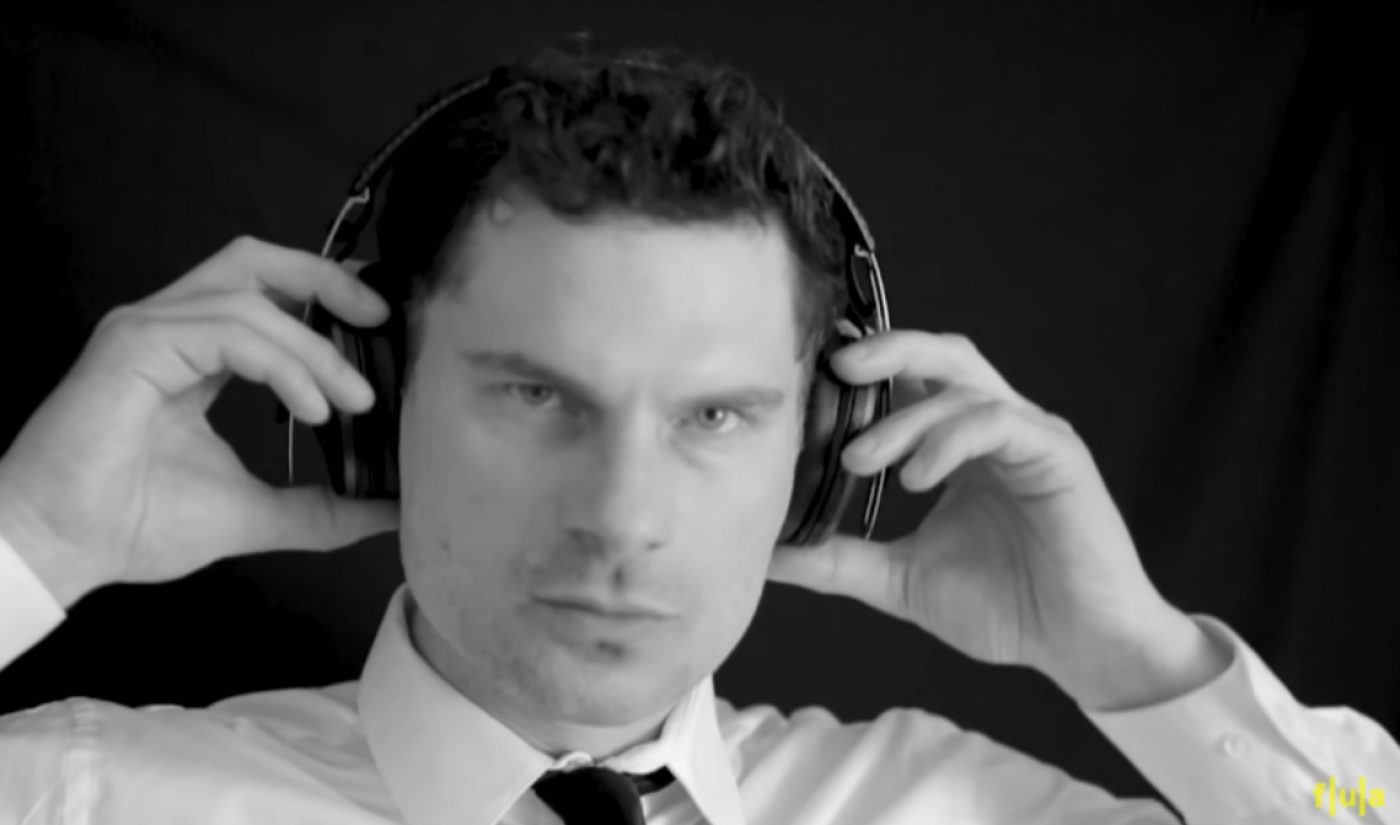
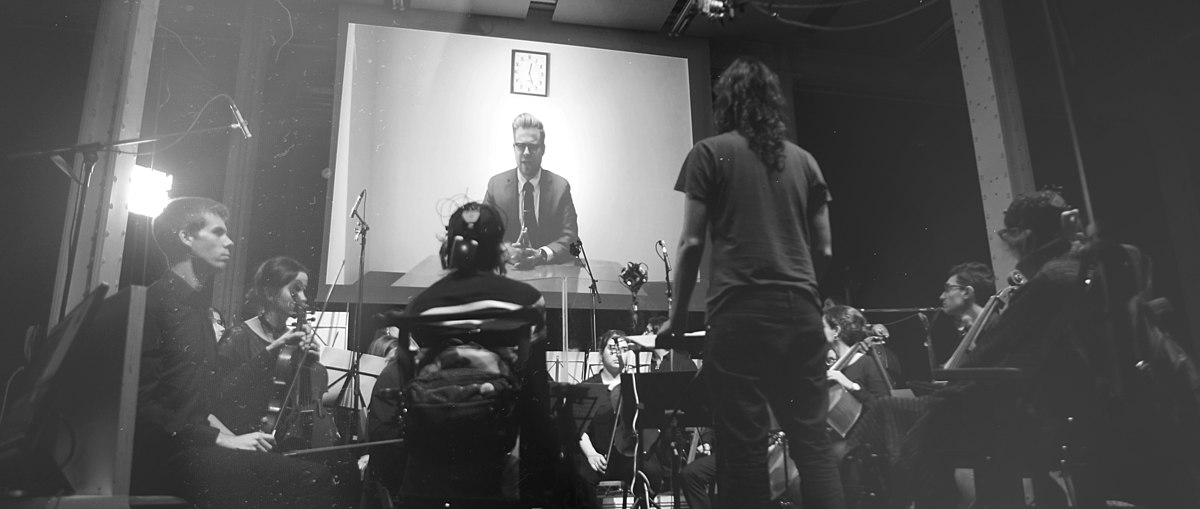


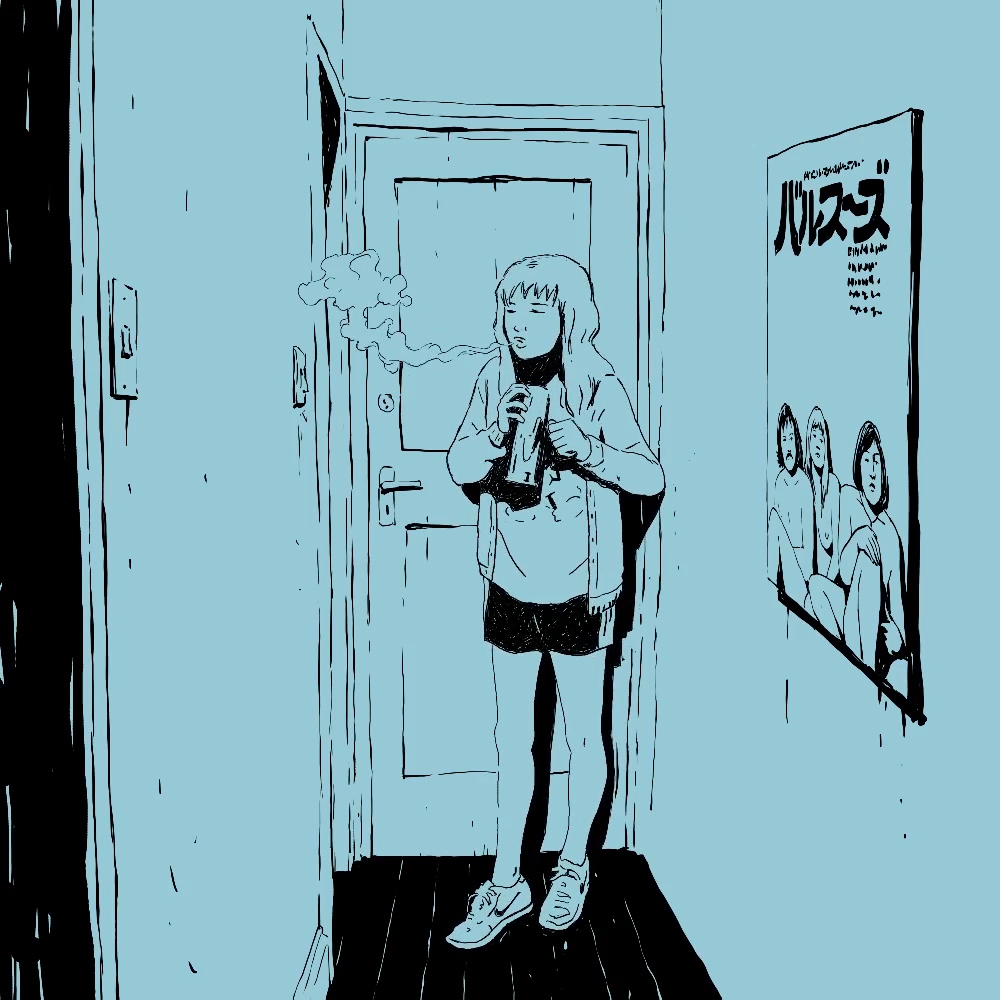

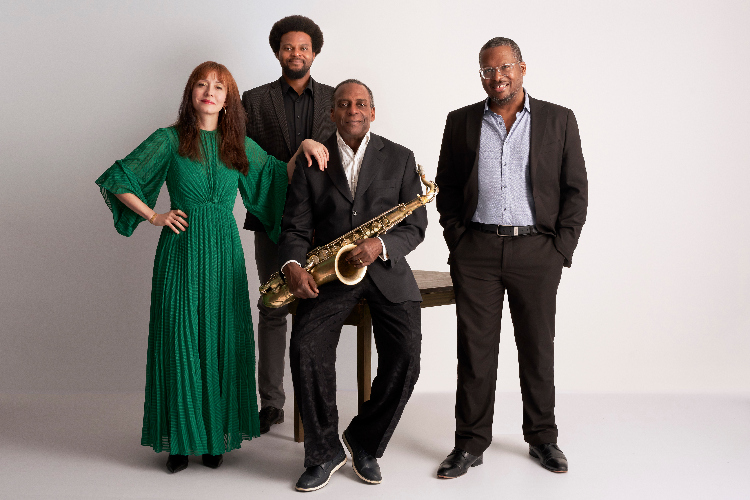



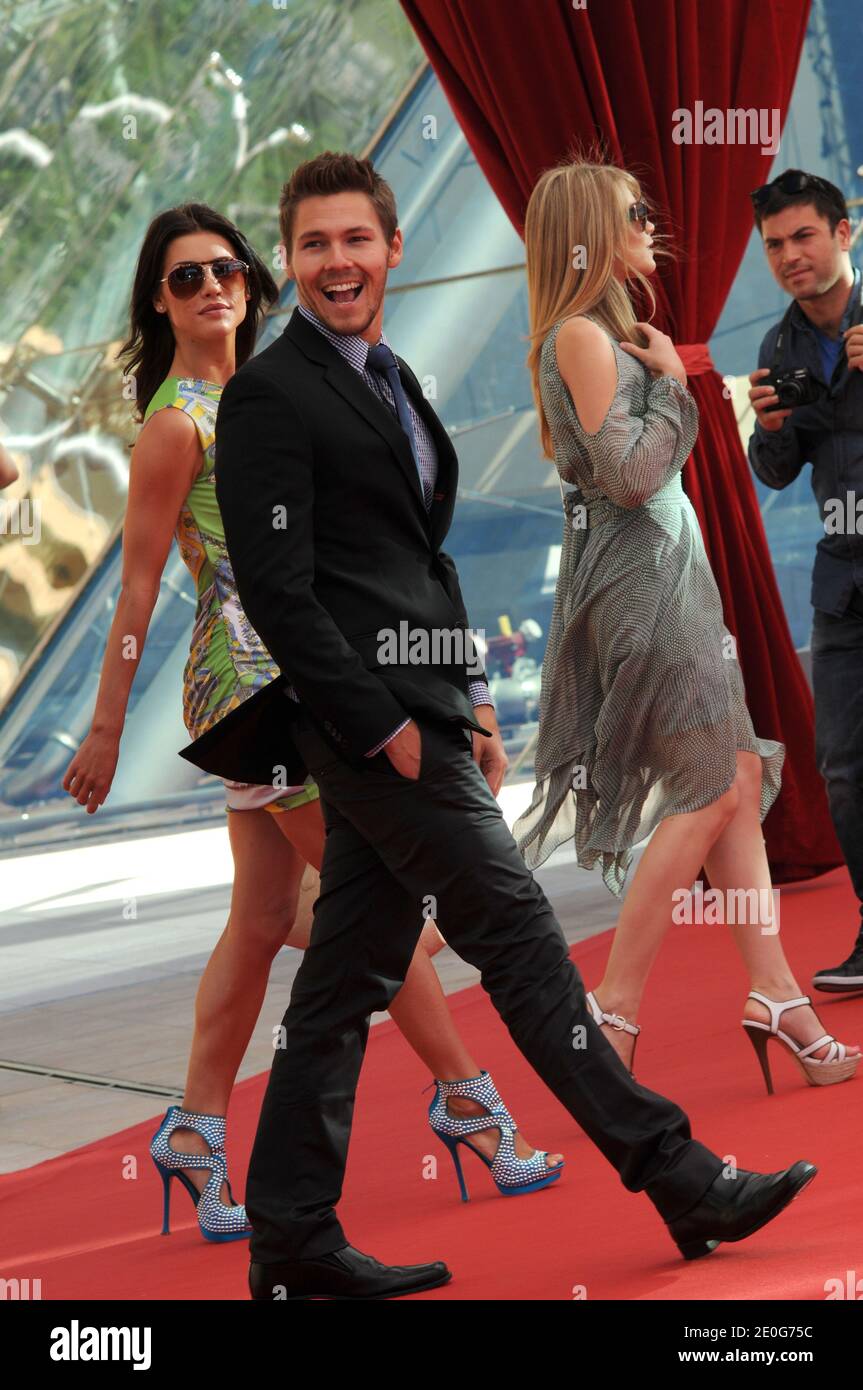

Comments